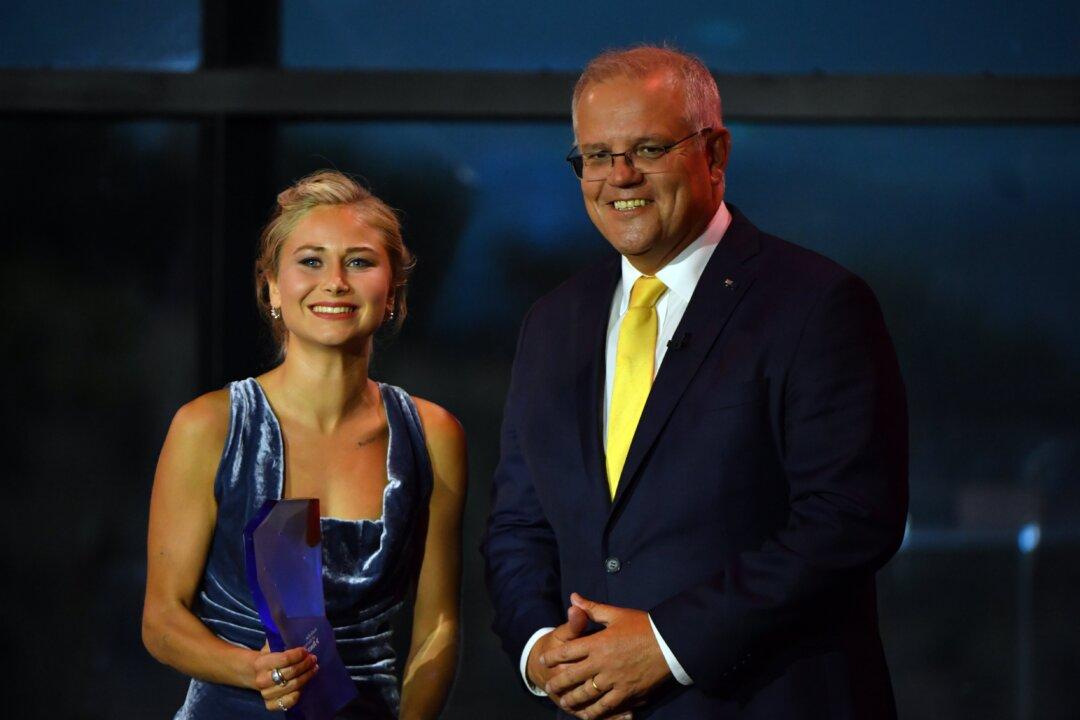Prime Minister Scott Morrison said every Australian has a responsibility to address the problem with the culture that leads to violence against women but has been criticised for his words not matching his actions.
In his opening address to the National Summit on Women’s Safety on Monday, Morrison said Australia “does have a problem” with an attitude and culture that condones gender inequality.





